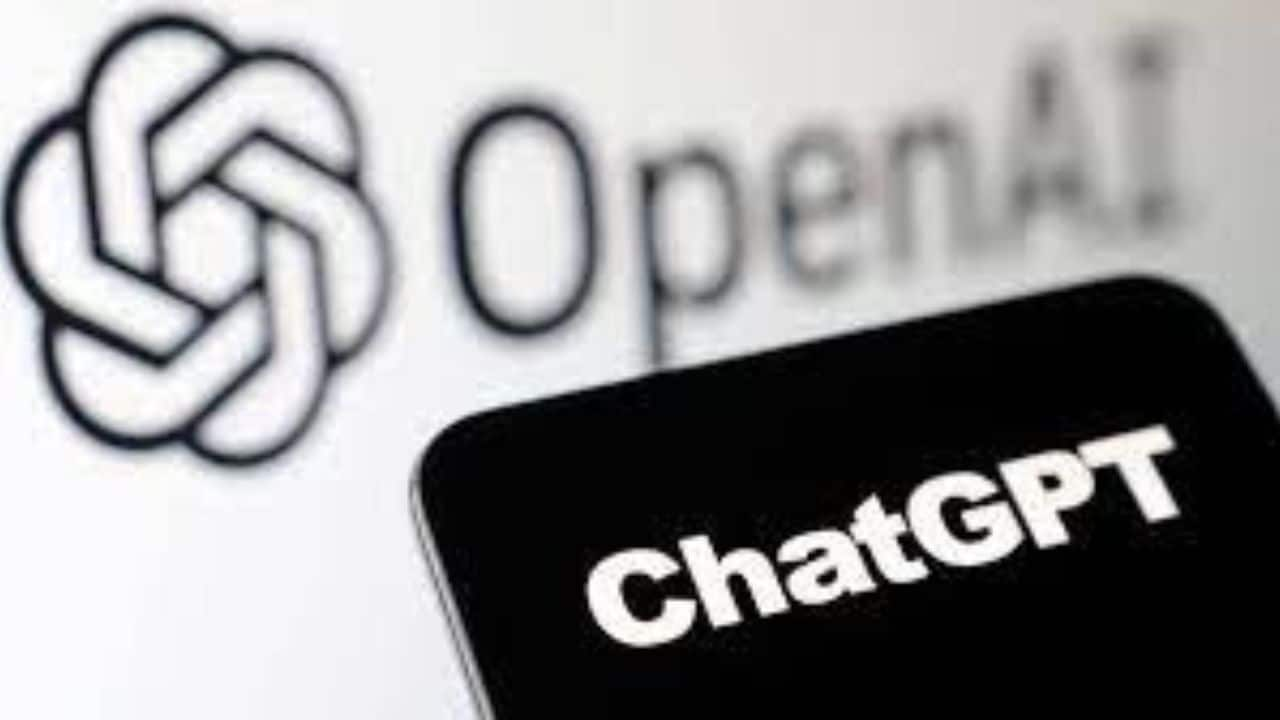The U.S. Patent and Trademark Office (USPTO) has denied Sam Altman’s OpenAI’s attempt to trademark “GPT,” ruling that the term is “merely descriptive” and therefore unable to be registered. It’s a blow to OpenAI’s branding, but don’t expect its competitors to start releasing their own version of the ubiquitous chatbot, Techcrunch reports.
The popular generative AI model, ChatGPT, has almost become synonymous with AI since the platform was opened to the public. But the name, according to the USPTO, doesn’t meet the standards to register for a trademark and the protections a “TM” after the name affords. (Incidentally, they refused once back in October, and this is a “FINAL” in all caps denial of the application.)
The denial document states, “Registration is refused because the applied-for mark merely describes a feature, function, or characteristic of applicant’s goods and services.”
Techcrunch reports, “OpenAI argued that it had popularized the term GPT, which stands in this case for “generative pre-trained transformer,” describing the nature of the machine learning model. It’s generative because it produces new (ish) material, pre-trained in that it is a large model trained centrally on a proprietary database, and transformer is the name of a particular method of building AIs (discovered by Google researchers in 2017) that allows for much larger models to be trained.”
The patent office reasoned that GPT was already in use in numerous other contexts and by other companies in related one. The argument from the patent side, Techcrunch states, is that GPT describes an aspect of the product. “Like if you had a cereal called Crunchy O’s, and tried to trademark “crunchy.” In the case of ChatGPT, this is a GPT-type AI model — a concept OpenAI did not create, and is not alone in offering — that you chat with. It may be recognizable, but it doesn’t meet the requirements for trademarking.”
Read More:What is OpenAI’s new text-to-video AI model – Sora all about?
